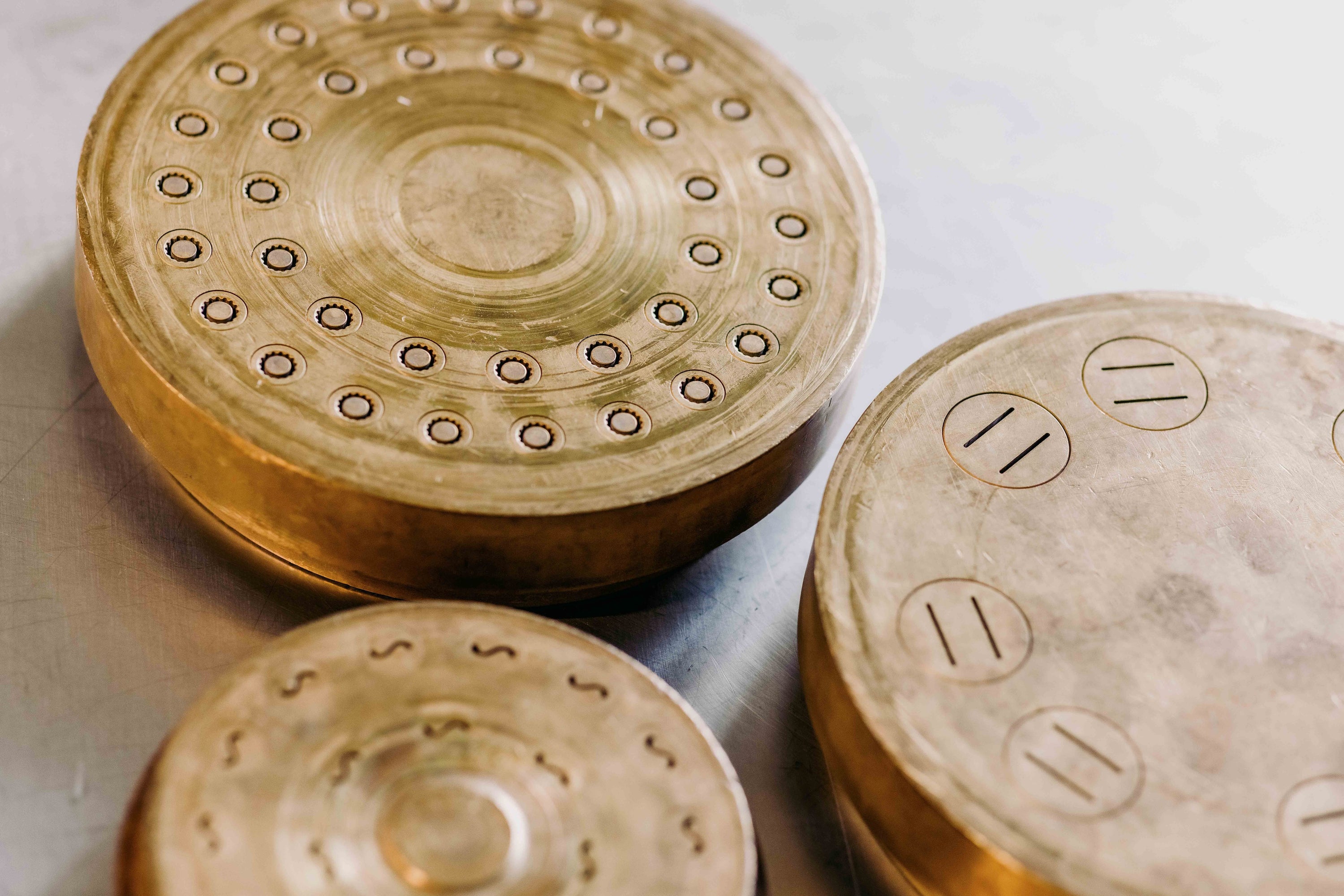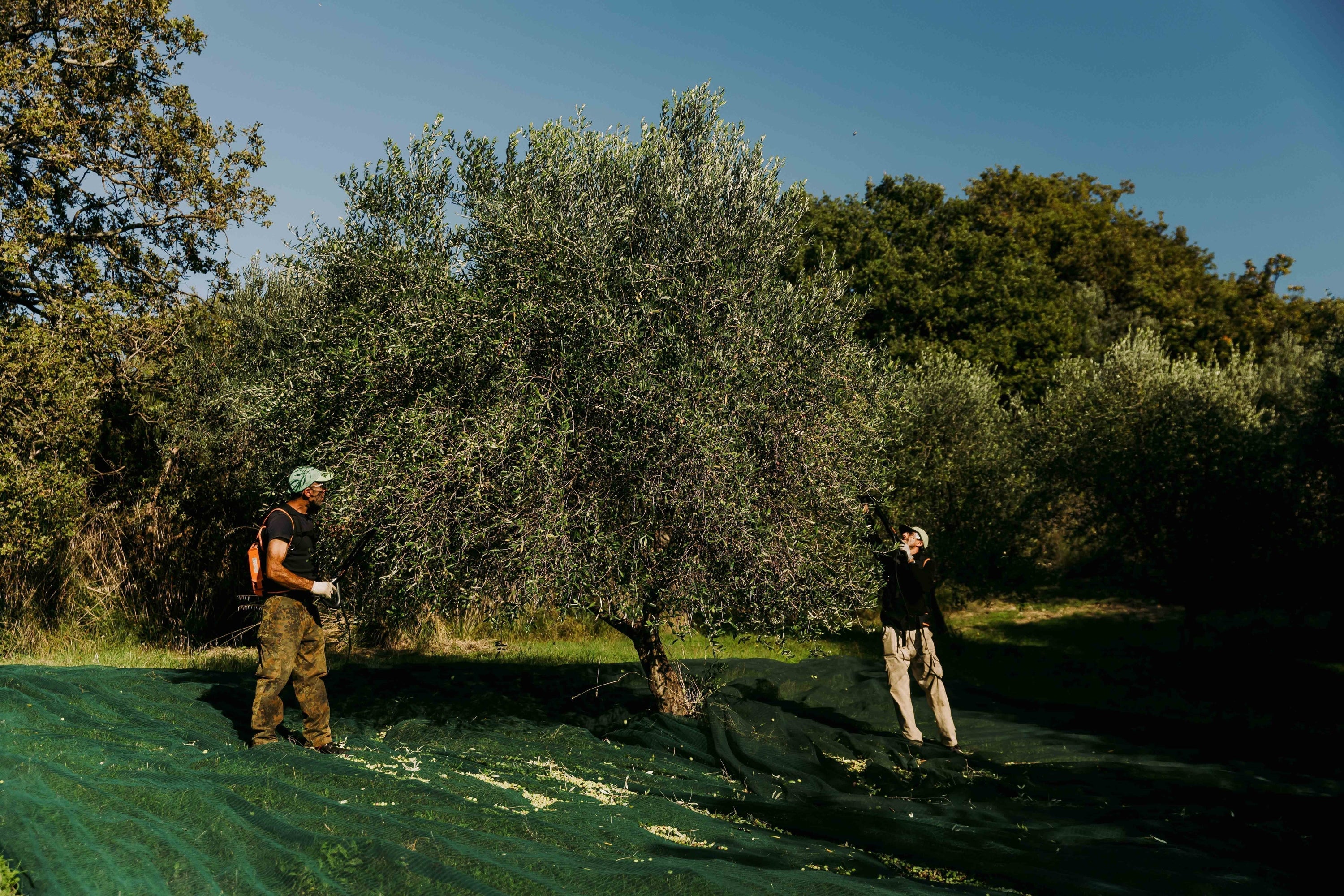
The story behind our pasta
Our pasta is produced in limited quantities because we source our raw materials exclusively from carefully selected farmers. These farmers work on a small scale with deep respect for nature, which means their harvests are closely tied to natural conditions, such as weather and potential diseases.
Since we partner only with these pre-selected farmers, the availability of grains for a full season is naturally limited. The grain is harvested once a year, from mid to late July, and this single harvest determines the supply for the entire year. While this approach presents challenges, it is making our pasta unique while being of the highest quality.
By prioritizing quality and craftsmanship over mass production, we create exclusive, limited-edition products that truly reflect the essence of the land and the dedication of our farmers. We hope to achieve the same exceptional quality and quantities in the next season, depending on nature's will.
Ancient Grains Are Authentic and Resilient
At BABBO, we intentionally work with non-modified grains like Senatore Cappelli and Einkorn. These ancient grains have a unique DNA structure, with fewer chromosomes than modern commercial grains. For instance, Einkorn contains only 14 chromosomes compared to the 42 chromosomes often found in (commercial) genetically modified wheat. This purity makes these grains more vulnerable to diseases, pests, and extreme weather conditions.
Ancient grains grow more slowly, yield less per hectare, and require more care during cultivation and processing. However, they offer remarkable benefits: a richer flavor, higher levels of nutrients like zinc and iron, and lower gluten intensity, which can be easier to digest for some.
While these grains carry bigger challenges, we choose them for their authenticity and nutritional value. Every harvest tells a story of tradition and craftsmanship which is in our believe the highest, and best form of agriculture possible.
Pasta with Its Own Story
The cooking time of our pasta can vary due to the artisanal process behind its production. This is closely tied to the natural conditions under which the raw materials are grown. Factors such as weather during the growing and harvest seasons, as well as the specific location of the fields, directly influence the composition of the grain. This includes its protein content, starch structure, and water absorption capacity, all of which affect how the pasta behaves during cooking.
By working with authentic, non-modified grains and small-scale artisanal producers, each batch of pasta has its own character. Traditional methods, such as stone milling, result in unique textures and flavors but can also lead to variations in cooking time. This makes our products not only special but also a reflection of the care and dedication in every step of the process.

